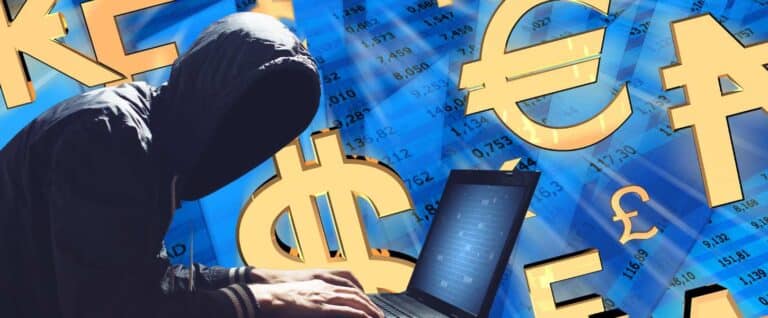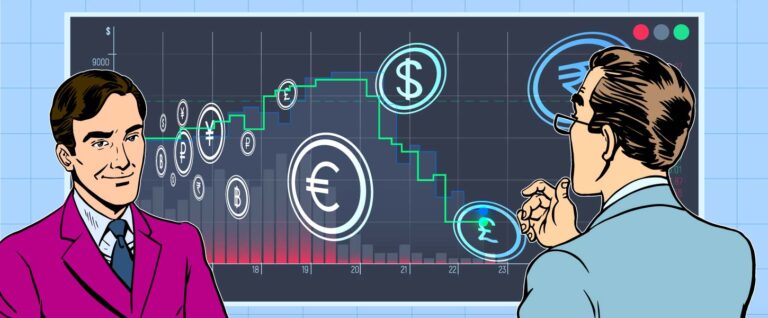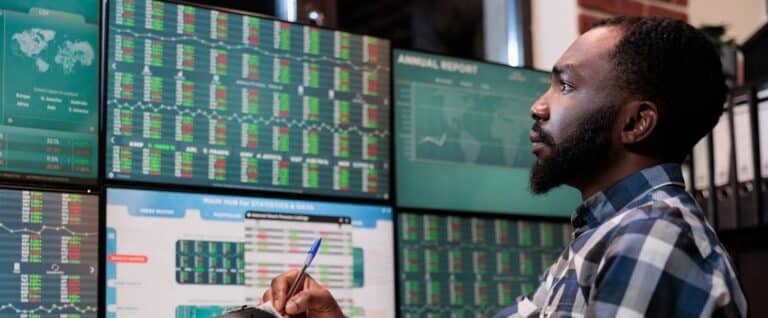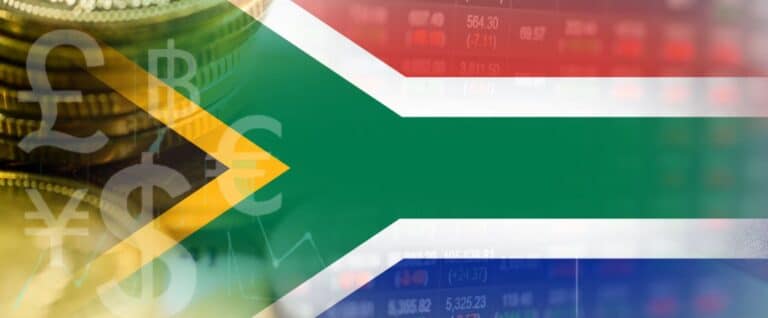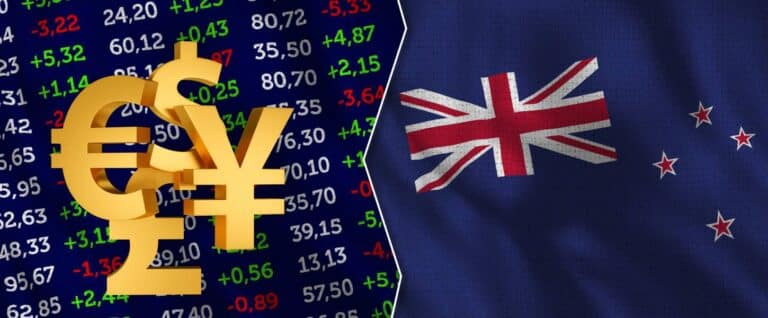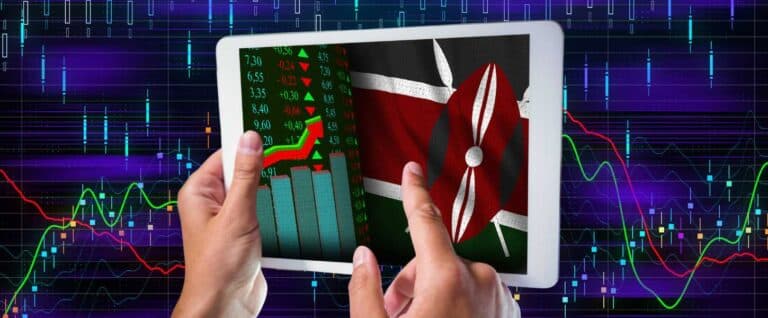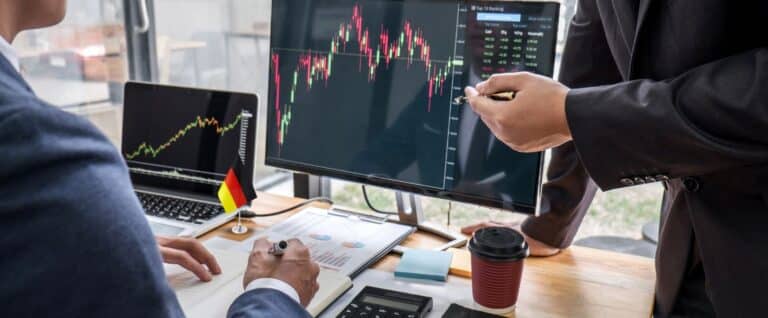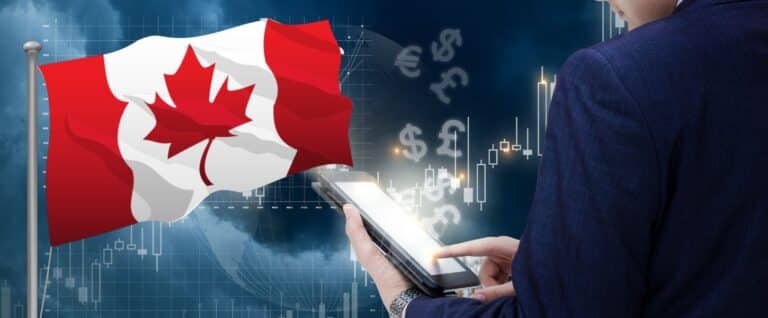Forex hedging is a tactic used to minimize risks by trading financial instruments in opposite directions. It safeguards an expected or current position by holding open trades in opposite directions, for instance, simultaneously holding a short and a long trade. A wide range of market partners, including traders, organizations, and shareholders, usually uses Forex hedging. Using forex hedging properly, traders who go for long trading on a forex currency pair or remain in the prospect through trade can be protected from all kinds of uncertainties.
So, what is forex hedging? Hedging is when traders open a forex trade to offset another already opened. In other words, hedging helps restrict losses without using stop-loss strategies. In its most basic form, it protects traders from losing big in their market positions.
This article will discuss the principles of forex hedging, the different strategies used, and the underlying risks, costs, and fees.
Principles of Hedging in Forex
The first thing that every trader must bear in mind is that hedging is not a money-making strategy. It is only used to protect traders from making losses and not to earn a profit. Most hedges intend to eliminate a part of the exposure risk instead of the entirety of it. This is because there are certain costs involved in forex that often outweigh the benefits after a point. In addition to this, not all brokers allow hedging forex. Hence, traders must always check the terms on the official website before joining any forex trading platform.
Most forex traders who use hedging do it to protect themselves during unfavorable market conditions. Also, note that hedging is more common in the forex market than in other financial markets. This is because forex is considered more volatile than others.
What is Hedging in Forex Trading?
Let us take an example to understand what hedging is in forex trading. If a company (with the yen as the domestic currency) is willing to sell its products in USD, it can protect a part of its transaction by taking out the currency option that will gain if the yen increases in value against USD. If the transactions occur without any protection and somehow USD strengthens or remains stable against the yen, the company only loses the option costs. However, if USD weakens, profits made from the currency option can potentially offset some of the losses realized when the funds are received from the sale.
Who can Hedge in Forex?
The benefit of hedging forex allows traders to limit at least a part of exposure in the market they are trading in. If it is used at the right time and in the right way, it can put traders in a more profitable position. Now coming to the question, Who hedges forex? Loosely speaking, the answer is more subtle yet complex than one can think. As long as the forex brokers allow hedging on their platform, there is no one who can stop a trader from using it.
A majority of traders of all levels of experience can hedge in forex and use any of the strategies mentioned below. However, it is important to understand the principles of hedging, why and when it is used, and how the market will respond to it to benefit from forex hedging.
Forex Hedging Strategies
There is a wide range of forex hedging strategies that vary in terms of complexity. Some of the most commonly used forex hedging strategies that traders can use depend on their experience level. Here are the top three strategies used in forex hedging –
Simple Forex Hedging
Simple direct or forex hedging is a widely used and easy-to-understand strategy that traders can employ when they open a position to go long or buy any one forex currency pair. Traders can open the same position to go short or sell that particular currency pair. Direct hedging can be performed for various reasons. Although the net profit from this strategy is zero, traders can keep their original position ready when the market trend reverses. If the traders do not hedge the position, closing the trade would imply accepting the losses. However, if the traders decide to hedge, they can make money with the second trade as the market moves against the first.
Multiple Currency Hedging
Multiple currency hedging is a more complex strategy used while trading multiple currency pairs. This strategy can be effective to a certain level when traders buy a long position and then counteract a short position in one of the currencies. For instance, a trader may go long in the USD/GBP market and lacking in the JPY/USD market. In such a scenario, they are protected against their GBP exposure to a high degree. However, this strategy does not cover the movements in other currencies the traders are exposed to. If GBP or JPY fluctuate, they will still be exposed.
Forex Options Hedging
Currency options on forex give holders only the right and not the obligation to exchange currency pairs at given prices. Options on forex are popular tools for hedging as they offer traders the chance to minimize exposure while only paying for the cost of options.
For instance, if traders go long on AUD/USD, have opened a position at $0.76, and expect a sharp decline, they can go for hedging their risk with a put option at $0.75 with a month’s expiry. At the time of expiration, if the price of AUD/USD falls below $0.75, they will make a loss on their long position, but their option will be in the money and balance their exposure. However, if the currency pair rises, they can let their options expire and pay only the premium.
Risks of Forex Hedging Strategies
Forex hedging strategies operate similarly to stop loss orders as they both limit losses. However, forex hedging allows traders to make money on hedged trades if performed correctly. Traders often make a big mistake by considering forex trading strategies as a way to place equal and opposite trades to the one they have already opened. However, that is not how forex hedging works.
The three main hedging methods in currency trading are futures, spot agreements, and forex currency options. The typical trades created by traders are called spot agreements. Spot agreements are not the most effective method of currency hedging because of their short-term delivery period.
A successful strategy requires holding short and long trades simultaneously on the same currency pair. Hedging is generally used to stop profits or losses during reversals. If the market goes up and the traders are short, they might purchase to temporarily hold a position until the market reverses back in their favor. Many traders have the wrong idea, believing that no risks are involved since they are completely hedged. It is incorrect to let the trade run for weeks or months. Forex heading strategies can lead to massive losses if traders do not consider other major factors, such as carrying costs.
Overall, every trader must learn how to use forex hedging strategies and went to employ them since they are most likely to end up making 2 losing trade positions instead of just one. To ensure whether there is an opportunity for forex hedging, traders must rely on different tools for technical analysis. No trader will like to make losses or unsuccessful trades while trading in foreign currencies, and hence, they must always proceed with greater caution and use forex hedging strategies wisely.
Hedging Cost & Fees
Hedging forex does not have direct fees, but based on the chosen forex broker, traders may have to pay commissions or spreads on the financial markets they are trading in. In addition, other fees may be associated with forex hedging, such as the swap fee for traders who keep their positions open overnight.
It must be noted that the goal of forex hedging is not to make money but to protect trades against losses. Therefore, the cost of hedging cannot be avoided, whether it is the cost of options or lost profits from being on an unfortunate side of foreign exchange. If the cost of forex hedging becomes too high, traders can de-hedge or close out of a current hedge position if it is no longer required.


